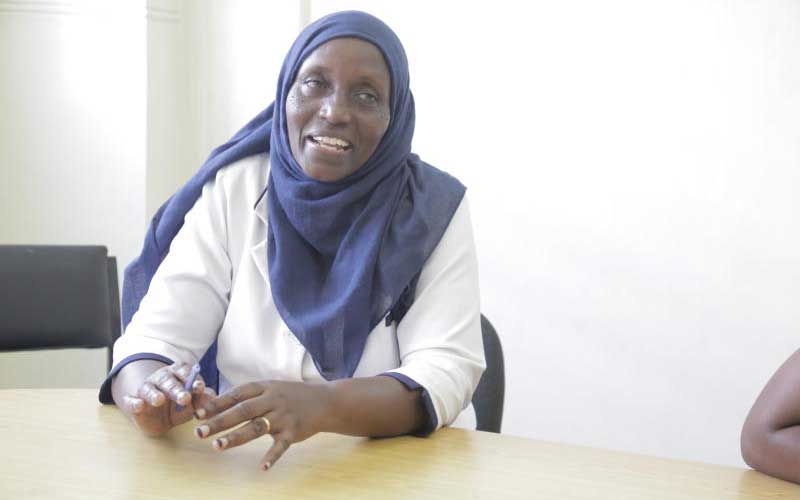×
The Standard e-Paper
Fearless, Trusted News

A recent incident in Mombasa of a pastor stabbing his wife to death before slitting his own throat in front of the congregation has raised concerns on the rising cases of gender-based violence (GBV).
Statistics compiled by ‘Counting Dead Women’ in 2019 placed the number of women killed due to marital and love-related issues at 108, with the last one being a gruesome killing of a wife and two children by a Kenya Defence Forces (KDF) soldier.